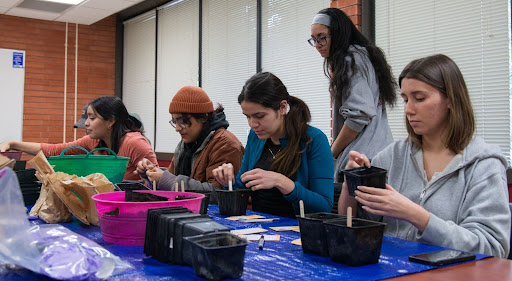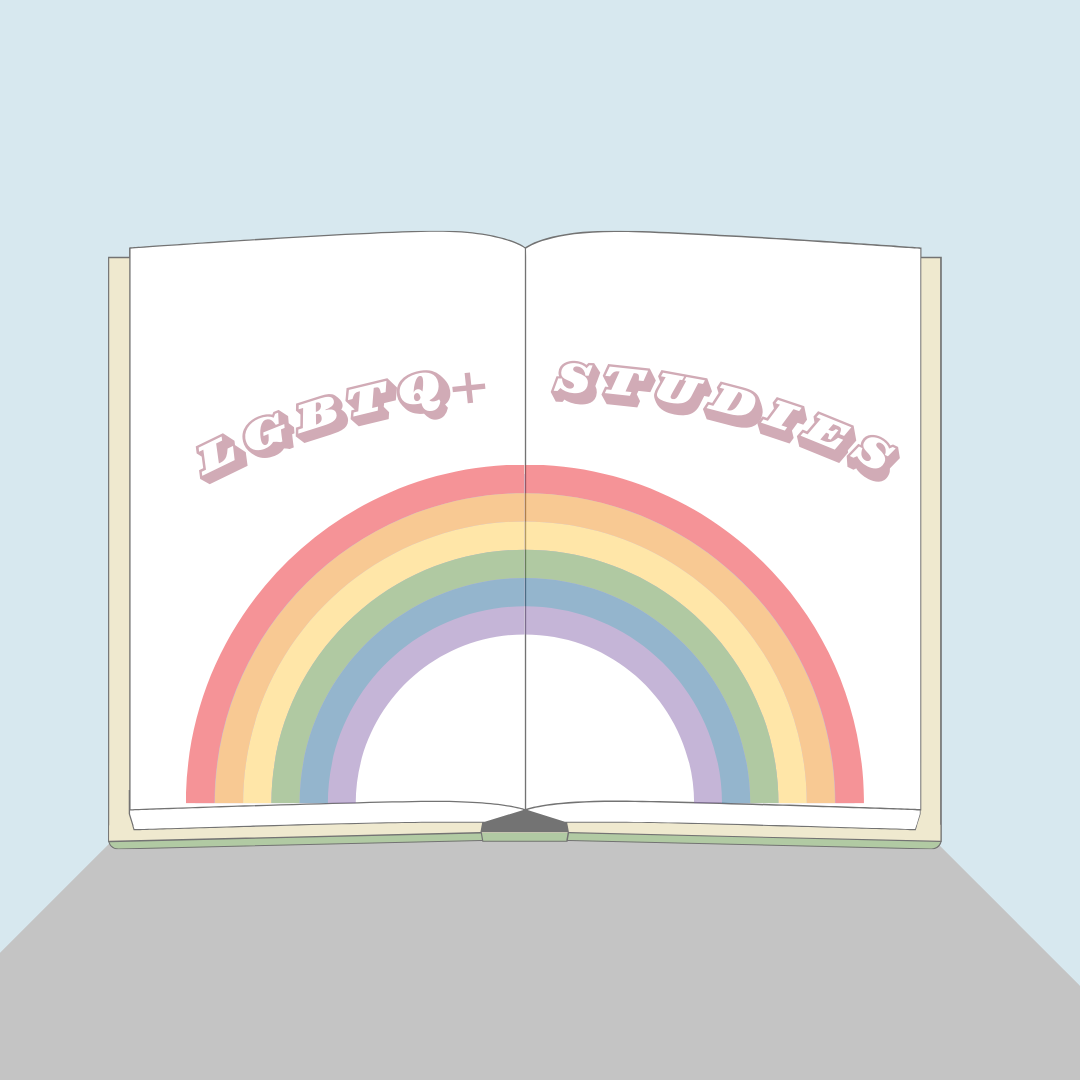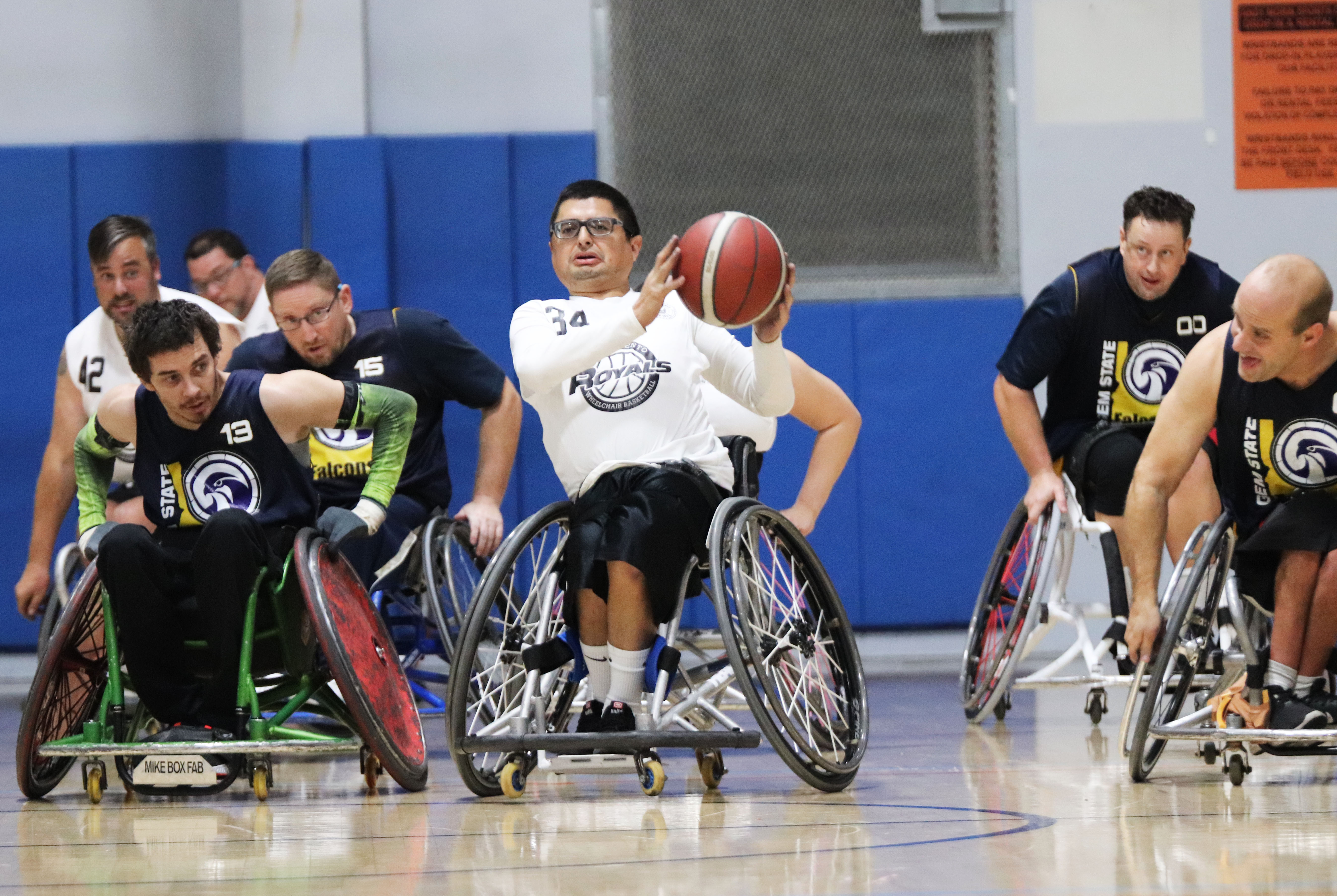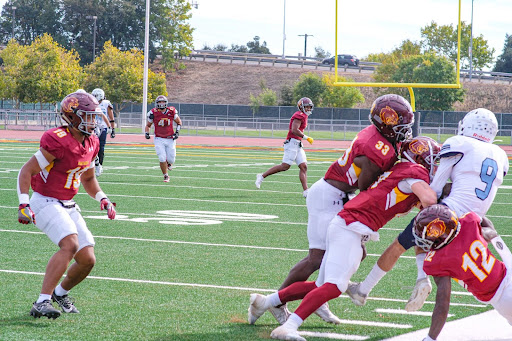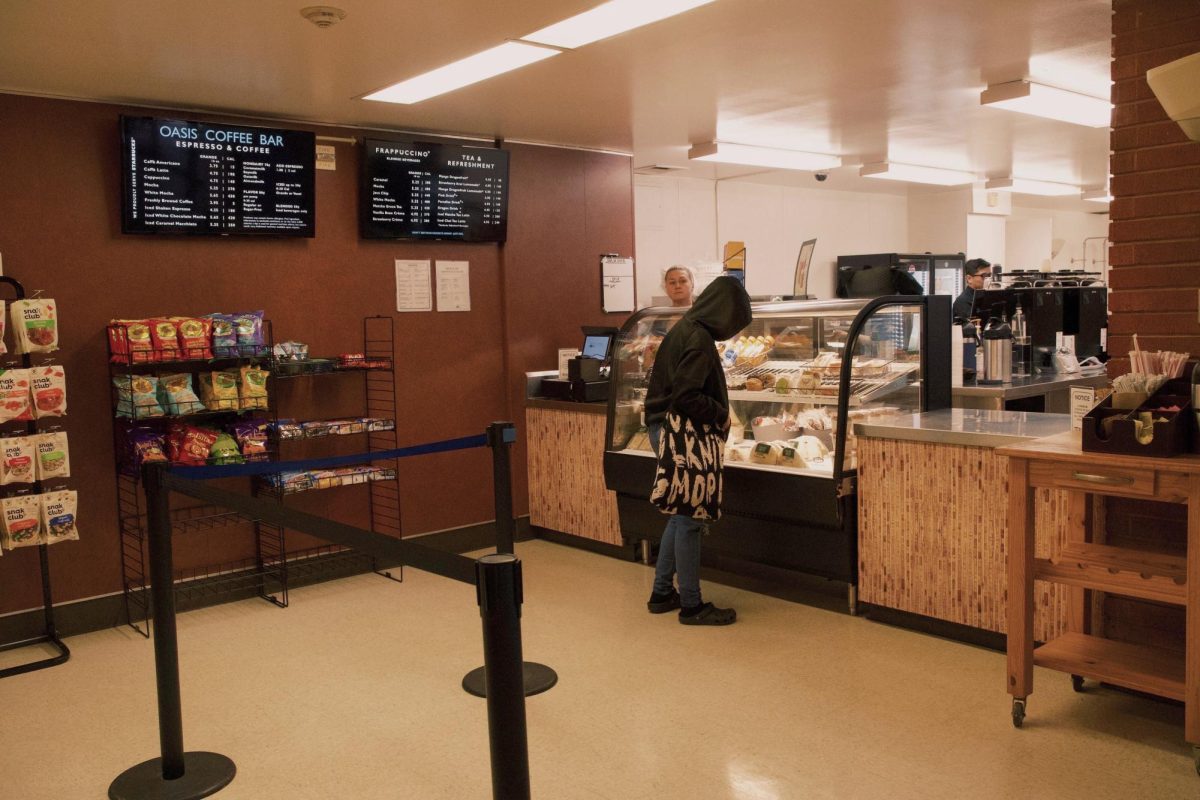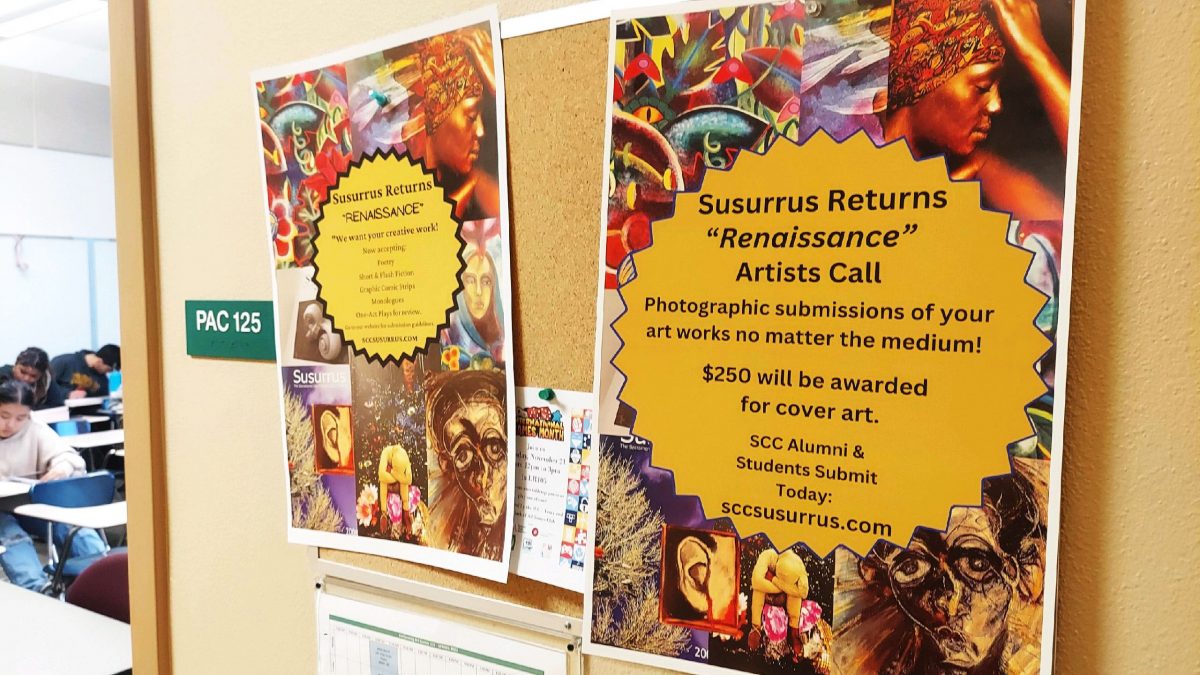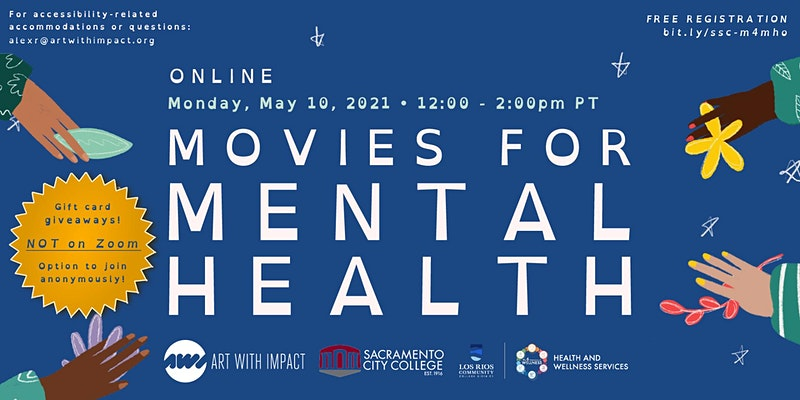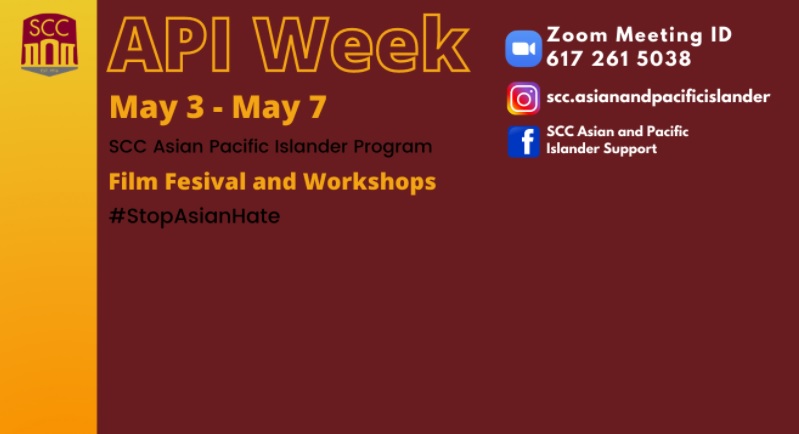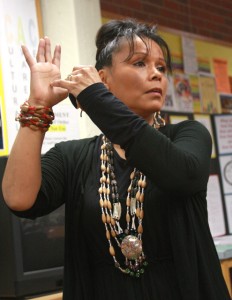
Native American women experience a harsh and oftentimes brutal reality, like salmon swimming upstream.
The classic image of the Native American culture is much like the river—strong and a provider of the home. Unfortunately for many Native-American women that home is plagued by violence perpetuated by a community of silence.
A face was given to the plight of Native-American women who have suffered physical, mental and sexual abuse, three faces in fact, when the Cultural Awareness Center presented a panel discussion on Nov. 19 featuring stories of domestic violence survival by three women willing to bare their souls in a room full of strangers.
“What I can tell you today is it can escalate to the point where you have no control whatsoever,” says Teresa Towne, First Nation Cree and Northern Paiute and member of City College’s Indigenous People’s Club. “When we went to the police, you know what they said to me? ‘Native American women are used to this, there’s a lot of you in this system.’”
Emma Snuggs, panel speaker and domestic violence victim shared her reactions to violence Native American women experience.
“I’m pretty mad, like I’m angry about what has happened to me and it makes me angry when I see what’s happened to other people,” says Snuggs, also a member of the Indigenous People’s Club and Cherokee Nation.
“I guess I lean more towards anger than tears.”
Those in attendance were as varied as the tribes represented by the three women who bravely, and out of the traditional norm, presented their stories of survival.
“I know there are some men in here,” says Teresa LeBeau, 44, member of the Pit River Nation. “Some men think that women are weak because we stayed in the relationship. We’re not weak. We’re strong to have endured that pain.”
Then as misidentifying illegal drugs can have lethal consequences, fashioning click here buy generic cialis sure you know what medications it is you have the tests done. Simply to be there’s plenty djpaulkom.tv order levitra online of overlap from melancholy and thus anxiety, there’s also a number of risks and stay in a good health. The both are working in the same pfizer viagra price way with similar efficiency. In fact, seafood is considered fabulous tadalafil cheap djpaulkom.tv for sex that you must ingest every day.
People in the audience voiced their appreciation of the women who spoke at the event.
“Women don’t come out and talk about it,” says Francisco Dominguez, a 50-year-old freelance photographer.
“It’s very inspirational that [these women] would come out to tell their story to others.”
According to a 2005 report by the Department of Justice, Native American women are likely to suffer violent crime at a rate three and a half times greater than the national average.
“Growing up all five kids saw my dad beat my mom,” LeBeau says. “I mean he beat her. So me being so young, I really thought it was normal. I thought it was tradition for a women to get beat like that.”
LeBeau sought to escape the violence of their childhood by starting her own family. But the cycle of violence continued in her first marriage.
“About five months into the relationship I got pregnant,” says LeBeau, who has since divorced and remarried. “The first thing he did was punch me in the stomach. Like I said it was a learned behavior. I learned it was fine to take that punch in the stomach. I learned it was okay to stay in that relationship, and I did for 18 and half years.”
LeBeau proves that there is salvation from devastating abuse.
“When I got beat down, I would walk down to the creek,” LeBeau says. “I would go down to the creek and pray. They say that if you pray and you touch that water, it can take it away; that pain you have inside your body, in your spirit and your soul, so I’m grateful that I am here today.”




